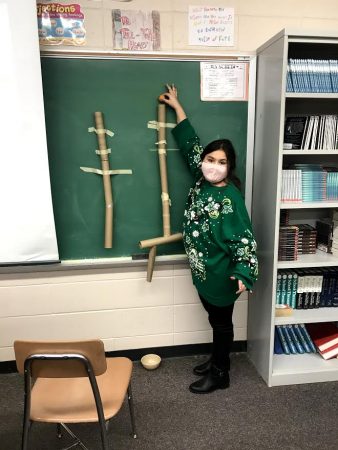
The Sustainability Film Series and facilitated discussion will begin its 11th year with the showing of True Cost, a film about the clothes we wear, the people who make them, and the impact the industry is having on our world. The price of clothing has been decreasing for decades, while the human and environmental costs have grown dramatically. This 2015 documentary film investigates who really pays the price for our clothing? The discussion facilitator will be Dr. Soonkwan Hong, Associate Professor of Marketing, MTU College of Business.
“This seemed like an appropriate film for January, after the consumption spree of the holidays!” explained Joan Chadde, film series coordinator, and Director of the Michigan Tech Center for Science & Environmental Outreach. “Dr. Hong is the perfect discussion facilitator for this film, given his interests in marketing ethics, sustainable lifestyles, and consumer behavior.”
With the pandemic restrictions and not being able to show films on campus, participants need to register HERE and information will be emailed regarding viewing each month’s film, and a zoom link for the facilitated discussion.
Participation is free, but a $5 suggested donation per film is appreciated. Make donation online and put Sustainability Film Series in the comment box.
“Purchasing public film screening rights can cost $100 to $300 for just one film, so donations are welcomed,” adds Joan Chadde.
Films are selected by a committee comprised of representatives from the sponsoring organizations: Lake Superior Stewardship Initiative, Michigan Tech Great Lakes Research Center, Keweenaw Unitarian Universalist Fellowship, Keweenaw Land Trust, MTU Departments of Social Sciences and Civil & Environmental Engineering, MTU College of Forest Resources & Environmental Sciences, and the MTU Sustainable Futures Institute.
The list of films can be viewed here and on the MTU events calendar. All are invited to attend– MTU faculty, staff, students, alumni, and community members.

















